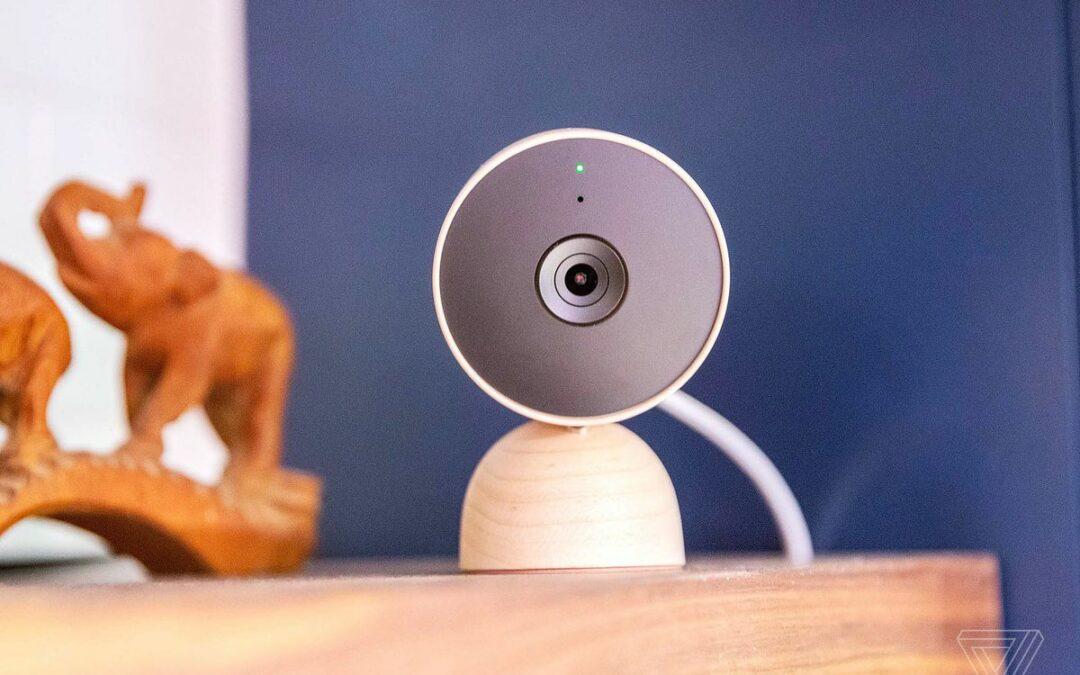Arlo, Apple, Wyze, and Anker, the owner of Eufy, all told CNET they wouldn’t provide law enforcement access to the video from your smart home camera unless they were presented with a warrant or court order.
If you’re asking why they make that distinction, it’s because we now know that Google and Amazon are acting in the exact opposite manner, allowing authorities to obtain this information without a warrant in cases when they assert that there has been an emergency.
Arlo, Apple, Wyze, and Anker, the owner of Eufy, all told CNET they wouldn’t provide law enforcement access to the video from your smart home camera unless they were presented with a warrant or court order. If you’re asking why they make that distinction, it’s because we now know that Google and Amazon are acting in the exact opposite manner, allowing authorities to obtain this information without a warrant in cases when they assert that there has been an emergency.
According to Google and Amazon’s US information request procedures, authorities must often show a warrant, subpoena, or other type of court order before they can obtain data. The same is true for Apple, Arlo, Anker, and Wyze; if they didn’t, they’d be breaching the law. Google and Amazon, however, will make an exception if a law enforcement agency submits an emergency request for data, in contrast to those businesses.
Amazon revealed earlier this month that it had already complied with 11 of these requests this year. The number of emergency requests that Google has fulfilled does not appear to be particularly listed in its transparency report, and the firm did not immediately respond to The Verge’s request for comment.
In regards to “requests for information in emergencies,” the following is stated in Google’s information request policy:

If we reasonably believe that we can prevent someone from dying or from suffering serious physical harm, we may provide information to a government agency — for example, in the case of bomb threats, school shootings, kidnappings, suicide prevention, and missing persons cases. We still consider these requests in light of applicable laws and our policies
Although it does state that in emergency situations, notice may not be sent until Google is informed that “the emergency has passed,” an unidentified Nest official did say that the business attempts to give users notice when it provides their data in certain scenarios. Amazon, on the other hand, declined to say if it would even inform its users that it allowed police access to their footage.
A corporation is legally permitted to share this kind of information with authorities if it determines that there is an emergency, but the regulations we’ve seen so far don’t compel companies to do so. Perhaps this is the reason Arlo is criticizing Amazon and Google’s methods and urging authorities to obtain a warrant if the scenario truly qualifies as an emergency.
According to the company, if a situation is urgent enough for law enforcement to request a warrantless search of Arlo’s property, it should also be urgent enough for law enforcement or a prosecuting attorney to request an immediate hearing from a judge for the issuance of a warrant to promptly serve on Arlo. When it believes law police can quickly access and meet our needs, Amazon stated that it does occasionally turn down emergency requests.
Since both systems use end-to-end encryption by default, Apple and Anker’s Eufy assert that even they do not have access to consumers’ footage. Despite all the agreements Ring has with law enforcement, certain of its devices allow you to enable end-to-end encryption, however there are several restrictions. For starters, the feature is incompatible with the company’s battery-operated cameras, which are, um, pretty much what everyone imagines when they think of Ring. In order to utilize it, you must forgo a few capabilities, such as using Alexa greetings or watching Ring movies on your computer. It is also not turned on by default. Last we checked, Google, on the other hand, didn’t provide end-to-end encryption on its Nest Cams.

It’s important to state the obvious: Just because Arlo, Apple, Wyze, and Eufy have protocols in place for responding to urgent requests from law enforcement, doesn’t necessarily mean that these businesses are protecting your data in other ways. Hundreds of Eufy customers had their video feeds exposed to strangers last year, for which Anker apologized, and it was recently discovered that Wyze had failed to inform its customers of glaring security problems in some of its cameras despite knowing about them for years. According to reports, Apple and other companies like Meta shared customer information with hackers who submitted fictitious emergency requests, despite the fact that Apple may not have a way to share your HomeKit Secure Video footage with law enforcement. However, Apple does comply with other emergency data requests from law enforcement.

